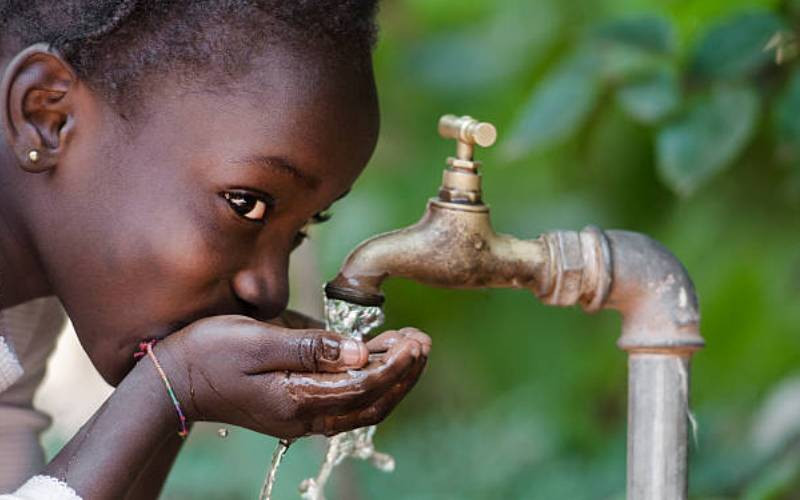
Water is a common good and it is our common future. It sustains life, but for many people, it is neither safe to drink nor readily available. According to the World Meteorological Organisation, only 0.5 per cent of water on Earth is useable and available.
We mark World Water Day on Friday amid the intensifying impact of climate change, increased demand for water, urbanisation, water pollution, and challenges to successful water resources management, making the commodity even more scarce. The interplay of these factors results in millions of Kenyans struggling to access safe water for drinking and other uses.